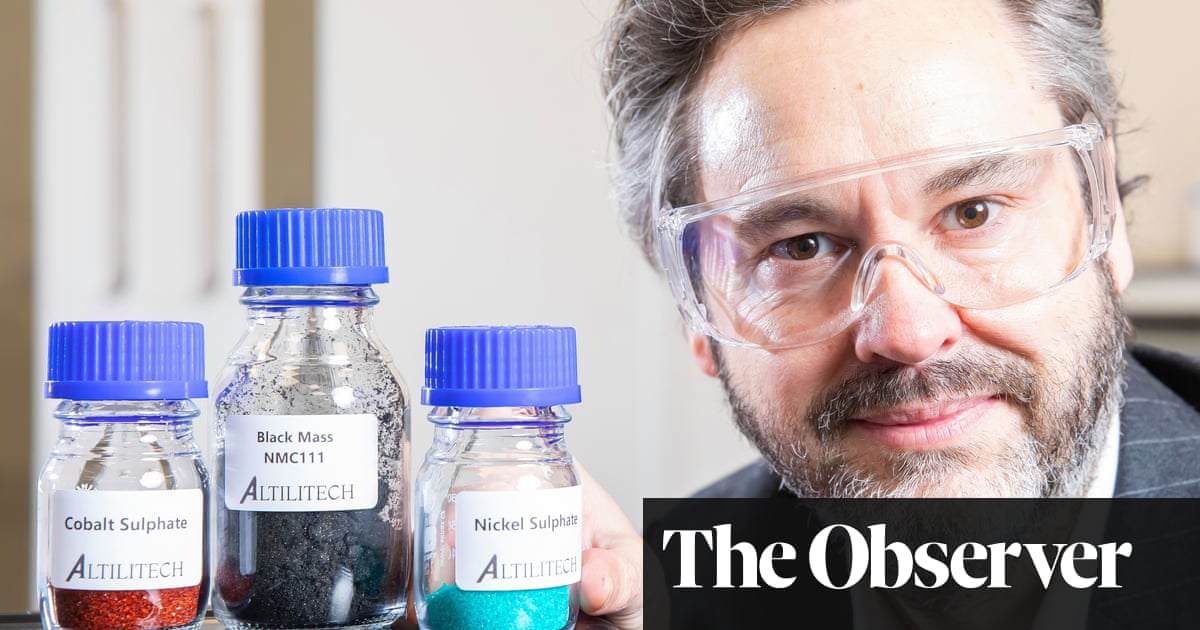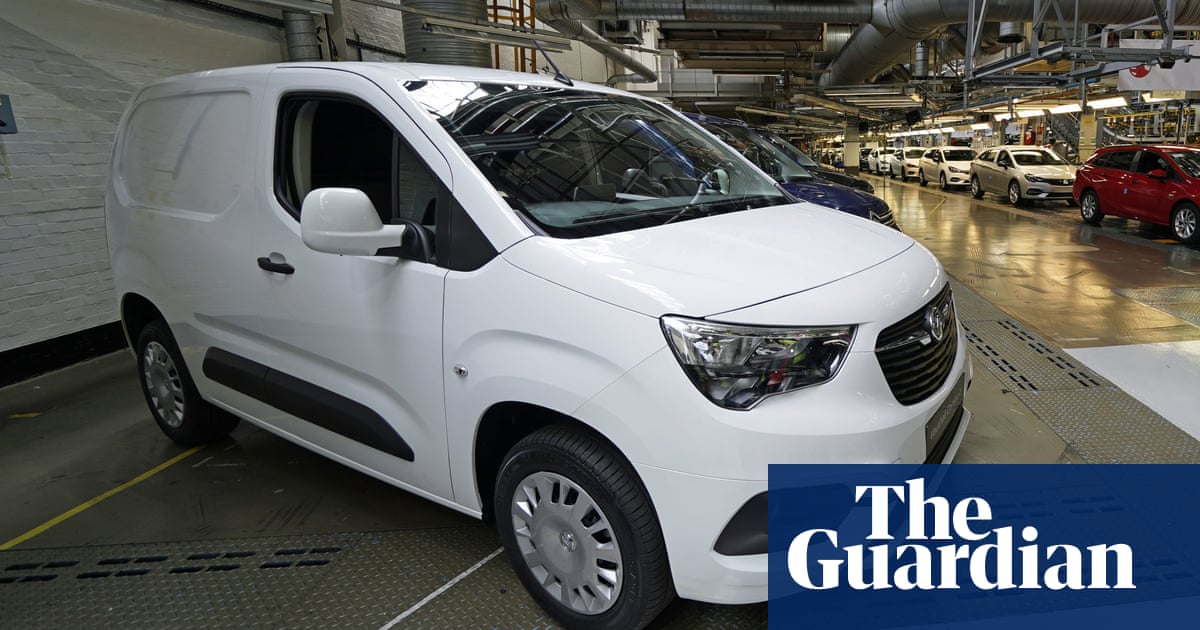
SUNDERLAND, England, July 1 (Reuters) - Nissan Motor Co (7201.T) bet on Britain to supercharge its European electric future on Thursday, pledging $1.4 billion with its Chinese partner to build a giant battery plant that will power 100,000 vehicles a year including a new crossover model.
Facing the most profound technological shift in a century, the titans of the auto industry are racing to secure battery supply close to the factories where they will make the new cleaner electric vehicles of the future.
Nissan cast its backing for the 9 gigawatt-hour (GWh) plant as illustrative of a rejuvenation of Britain"s automotive industry, which has for five years grappled with the fear that Brexit could cut off the rest of the European market.
"This project is the demonstration of the renaissance of the British car industry," Ashwani Gupta, Nissan"s chief operating officer, told reporters at the Sunderland plant, which exports 70% of its vehicles to the European Union.
British Prime Minister Boris Johnson said Nissan"s move was "a major vote of confidence in the UK and our highly skilled workers in the North East". Nissan said Britain had backed the plan, but did not detail any guarantees or incentives.
The 1 billion-pound ($1.4 billion) investment by Nissan, its Chinese partner Envision AESC and local government in northeast England will create 6,200 jobs at the Sunderland plant and in British supply chains.
Nissan will spend up to 423 million pounds to produce a new-generation all-electric crossover vehicle at the plant, where it already produces the LEAF electric vehicle and the Qashqai crossover SUV. The new vehicle has yet to be named and there is no launch date.
ELECTRIC FUTURE
As world powers try to slash carbon emissions by scrapping the fossil-fuel guzzling internal combustion engine, Britain has pledged to ban the sale of new diesel and petrol cars from 2030.
Going electric, though, is hard.
China dominates the production of electric vehicle batteries and the processing of the minerals used to make them, though the United States and Europe are trying to catch up.
Western leaders, including Johnson, are loath to sacrifice hundreds of thousands of automotive jobs - often in politically sensitive constituencies - by importing batteries from China, rather than manufacturing domestically.
And unless Britain can build both battery production and supply chains, it risks losing its four-decade reputation as the investor-friendly gateway for top companies seeking to export to the rest of Europe.












